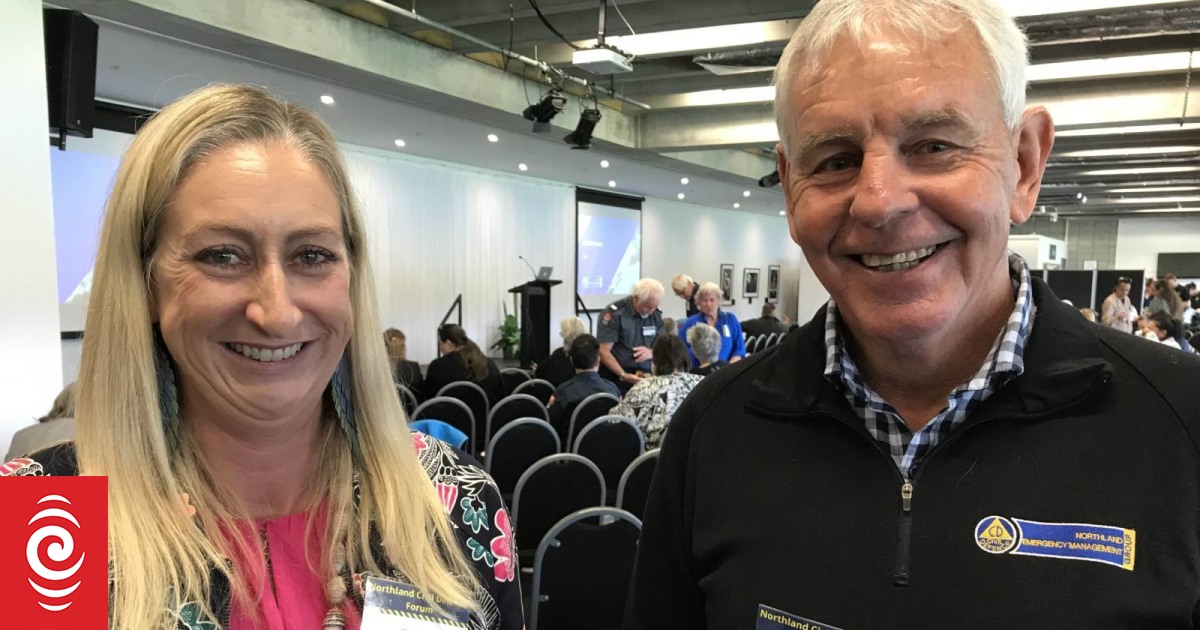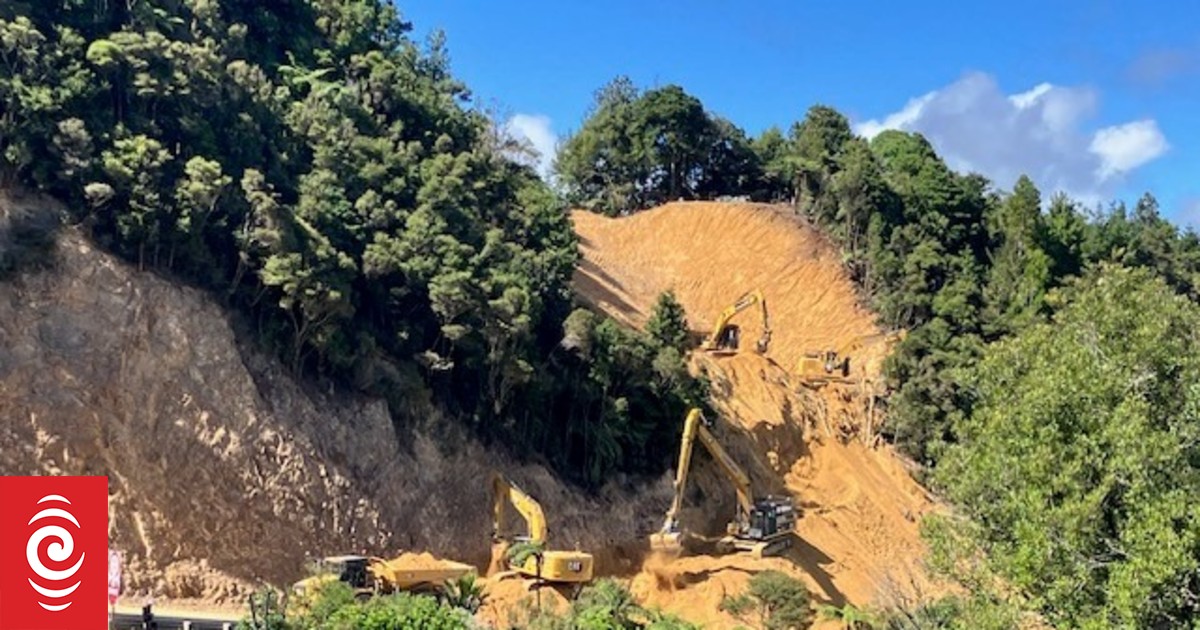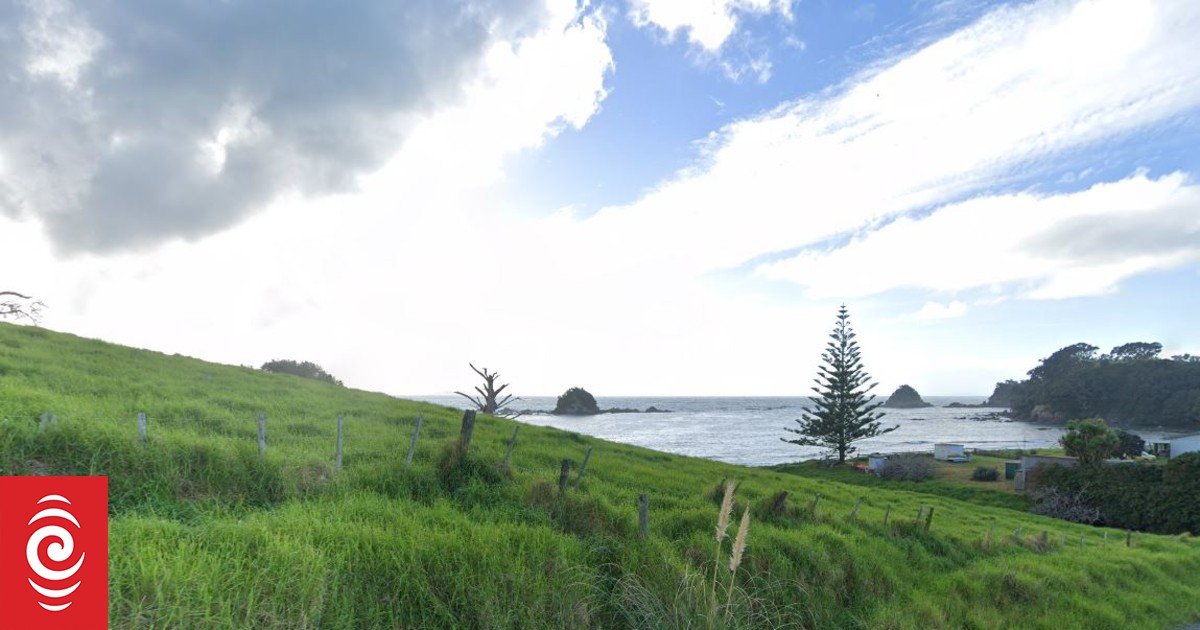
Ocean Bishop-Karanga is urging government support.
Photo: RNZ/Katie Todd
A Whangārei Girls High School student is asking Parliament to help feed about 300 of her peers she says are turning up without any food, each day.
Ocean Bishop-Karanga believes the equity criteria used to deliver the Ka Ora, Ka Ako Healthy School Lunches Programme is missing some of the people who need it most.
With the help of her teacher, Matua James, and a group of peers earlier this year, the year 13 student investigated how many students were going hungry – finding an estimated one in five had no food on a daily basis.
The school has a breakfast club where sponsors provide free toast, Milo and Weet-Bix. However, Ocean Bishop-Karanga discovered it doesn’t qualify for the government’s Ka Ora, Ka Ako Healthy School Lunches Programme.
Hunger was not a recipe for successful learning, she said.
“It really is important to have food in their stomachs. Instead of the head spins, empty stomachs, not having proper thinking.”
Ka Ora, Ka Ako delivers free meals to 960 schools nationwide and it is intended to reach the 25 percent of children that need it the most.
For the most part, the government selects schools using Equity Index data from the Ministry of Education – the system that replaced school deciles.
A number of others are selected based on “on school network considerations”, recognising that “providing lunches in some schools but not others, may cause students from nearby schools to shift.”
In Northland 107 schools offer the programme, including almost two thirds of the primary schools that feed into Whangārei Girls High School.
But the high school itself isn’t included.
Ocean Bishop-Karanga said that was unfair, because the Equity Index didn’t seem to take into account the mixed demographic profile and inequality among her peers.
“It’s been identified as a school that has a lot of money and economic [success]… and it sucks that they put us in that category. Because not many of us – of course, some do come from good financial homes, but not everyone has the same economic rating,” she said.
[h] Petition collects 1000 signatures
Bishop-Karanga and her peers have started a petition to parliament asking for Ka Ora, Ka Ako to be offered at Whangārei Girls High School.
She said she wanted free lunches to be offered to at least 600 students at the school – so the 300 students who need it most “will comfortably meld into a crowd of other students, with no chance of being stigmatised.”
Initially, she had broached the subject with Whangārei MP Emily Henderson, who was carrying out regular Q & A sessions at the school.
Dr Henderson told Bishop-Karanga and her peers the parliamentary petitions process was taken “extremely seriously”, and recommended putting pen to paper.
Dr Henderson said she was impressed at how quickly Bishop-Karanga and her peers took action.
“They hand across the draft of what is now their petition. the hair stood up on the back of my neck. They’d thought it through so carefully,” she said.
“From that they worked with their principal, they went out to their classmates and when I went back last time, a couple of days ago, they pulled me into another meeting with Ocean – I swear she’s a foot taller – and they have already got 1000 signatures. 500 on paper and 500 online.”
Many people in the Labour caucus would be interested in taking on the views of a “remarkable young wāhine”, Dr Henderson said.
The petition is open until November 28 and then it will be heard by the petitions committee, or any another select committee that requests to hear it.
[h] Jan Tinetti – “There is a limit on the funding available.”
In a statement to RNZ, Associate Education Minister Jan Tinetti said any decision to extend the Ka Ora, Ka Ako programme may have to come after Budget 2023.
“There is a limit on the funding available. So we are required to make decisions about which schools and kura can be included in the programme,” she said.
“In order to include more schools in the initiative more funding would be needed – which is something for next year’s Budget process.”
Tinetti said she was proud of the work the government had done to deliver free healthy lunchyes in some of the country’s most economically challenged areas.
She noted that schools could now generally remain in the programme even if their Equity Index shifted with time.
“As the Equity Index will be recalculated on an annual basis, some schools and kura will fall in and out of the programme’s 25 percent criteria,” she said.
“Cabinet has approved an approach whereby schools and kura in the programme will remain in the programme, regardless of changes in their Equity Index.”
Bishop-Karanga said she would be seeing her petition through, despite having finished her final NCEA exams, and setting her sights on the army.
She wasn’t planning to stop with Whangārei Girls High School.
“I do want to help. i want to be able to get access for free kai in our school. That will be such an accomplishment if we do have it. And then we’ll be able to take it onto [Whangārei] Boy’s High. I was having a conversation with the principal and hopefully we can get it to their school as well,” she said.
“And if we get it here, I’m sure every other school that wants to participate will have success as well.”
The Ka Ora, Ka Ako programme has delivered more than 63 million lunches to date.




